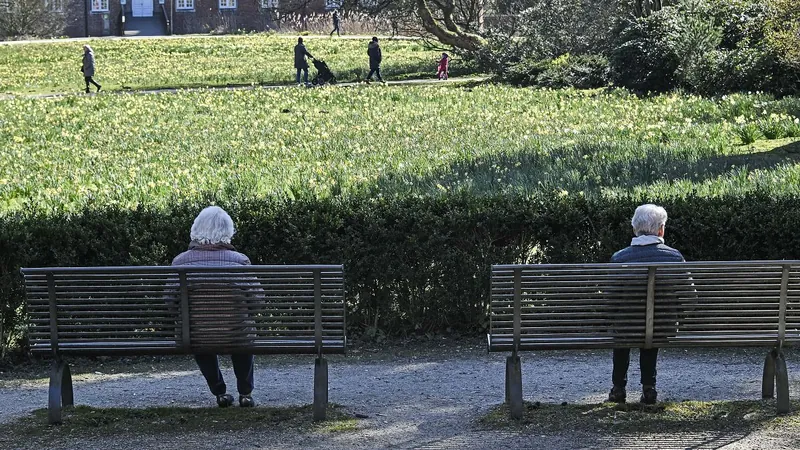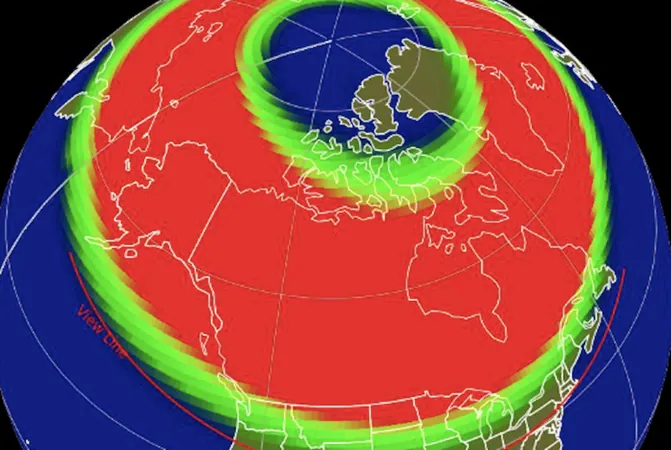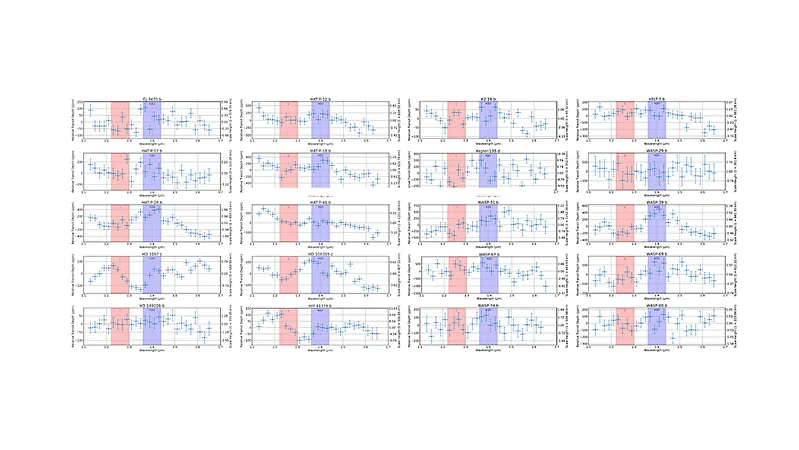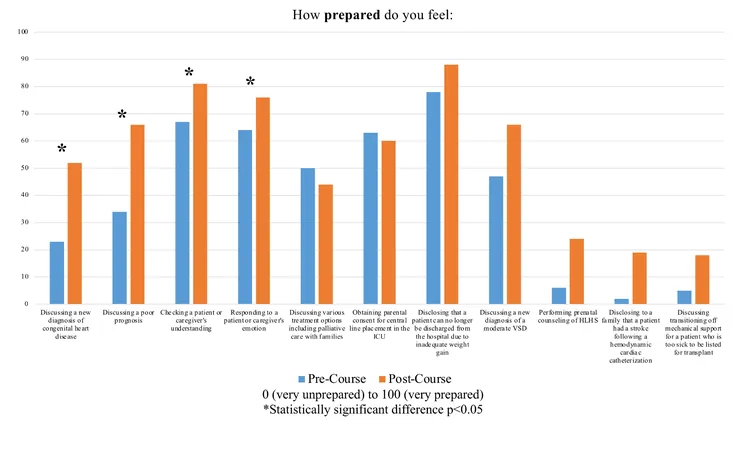
Shocking New Study Reveals Loneliness Boosts Dementia Risk by Over 30%!
2024-10-11
Author: Olivia
Loneliness and Dementia Risk
A groundbreaking global analysis has unveiled that experiencing loneliness during midlife and old age can increase the risk of dementia by a staggering 31%. This alarming revelation comes from a comprehensive study examining data from nearly 609,000 individuals across the globe.
Understanding Dementia
Dementia, a devastating condition affecting approximately 7.9 million people in the European Union alone, has no known cure. The risk factors for dementia encompass a mix of genetic predispositions and lifestyle choices, such as levels of physical activity, smoking habits, alcohol consumption, and notably, the quality of social connections.
Significant Findings
Published in the esteemed journal Nature Mental Health, the new study highlights that loneliness is not only correlated with all-cause dementia but also significantly heightens the chances of developing Alzheimer's disease and vascular dementia. The latter poses a heightened risk for older adults dealing with diabetes or obesity. The study also found that loneliness contributes to a worrying 15% increase in the risk of cognitive impairment, a broader issue that includes problems with memory, decision-making, concentration, and completing everyday activities.
Research Insights
These findings persisted even after accounting for variables such as depression and social isolation, underscoring that "loneliness is a critically important risk factor in the future development of dementia," according to Páraic Ó Súilleabháin, a psychology lecturer at the University of Limerick, Ireland.
The Complex Nature of Loneliness
Research teams from Ireland, Switzerland, France, the United States, and China collaborated in this major meta-analysis, combining insights from 21 aging studies—the largest of its kind to explore the intricate relationship between loneliness, dementia, and cognitive decline.
Prevalence of Loneliness
The studies primarily assessed whether participants felt lonely at least "some of the time," with a select few gauging the depth of that loneliness. Disturbingly, a staggering 35% of people across the EU admit to feeling lonely intermittently, with the highest rates reported in Ireland, Luxembourg, Bulgaria, and Greece.
Expert Opinions
Martina Luchetti, the study's lead author and an assistant professor at Florida State University, emphasized that "there are different types and sources of loneliness that can affect cognitive symptoms across the dementia continuum." Ó Súilleabháin added that these results elucidate the connection between loneliness and longevity, helping us better understand its implications on overall health.
Broader Implications
Prior studies have linked loneliness to a myriad of health concerns, including stroke and Parkinson's disease. As we move forward, the researchers stress the importance of investigating the underlying causes of loneliness and the specific types experienced by individuals. These insights could pave the way for interventions designed to mitigate cognitive decline and dementia risks.
Conclusion
"By addressing loneliness and fostering a sense of connectedness, we may protect cognitive health well into later life," Luchetti concluded, leaving us to ponder the critical role of social connections in our well-being. As we navigate an increasingly isolated world, it becomes imperative to foster stronger social ties and community engagement—not just for mental health, but potentially for safeguarding against the advancing tide of dementia.









 Brasil (PT)
Brasil (PT)
 Canada (EN)
Canada (EN)
 Chile (ES)
Chile (ES)
 España (ES)
España (ES)
 France (FR)
France (FR)
 Hong Kong (EN)
Hong Kong (EN)
 Italia (IT)
Italia (IT)
 日本 (JA)
日本 (JA)
 Magyarország (HU)
Magyarország (HU)
 Norge (NO)
Norge (NO)
 Polska (PL)
Polska (PL)
 Schweiz (DE)
Schweiz (DE)
 Singapore (EN)
Singapore (EN)
 Sverige (SV)
Sverige (SV)
 Suomi (FI)
Suomi (FI)
 Türkiye (TR)
Türkiye (TR)